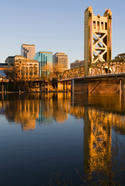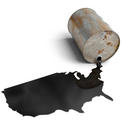There is reason to think again about the now-current idea of dispersing the population of poor folks in the Skid Row district of downtown Los Angeles and similar precincts in other cities across the U.S.
There’s cause to pause over notions such as mixing “affordable housing” that’s priced in the range of working-class or poor folks alongside spiffy market-rate units. read more »






















